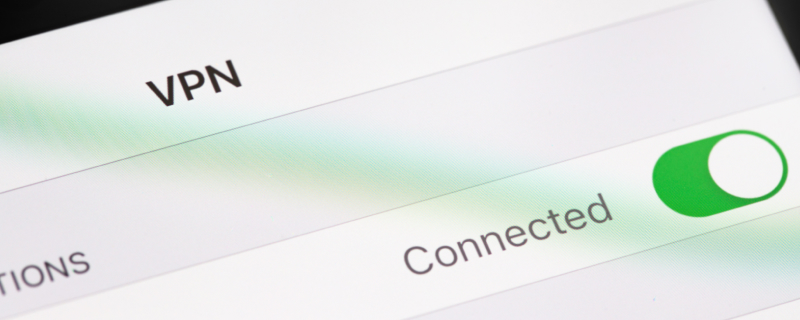A Comprehensive Analysis of the Benefits and Considerations When Deciding Whether to Invest in a VPN
Virtual Private Networks (VPNs) have become increasingly popular as tools for enhancing online privacy and security. However, you may wonder if investing in a VPN is truly worth it. In this post, we’ll explore the benefits and considerations of using a VPN, helping you make an informed decision about whether it’s the right choice for you.
Benefits of Using a VPN
- Online Privacy: A VPN encrypts your internet connection and masks your IP address, preventing ISPs, hackers, and other third parties from monitoring your online activities.
- Secure Public Wi-Fi Connections: VPNs protect your data from potential hackers and eavesdroppers when using public Wi-Fi networks.
- Access Geo-Restricted Content: VPNs enable you to bypass regional content restrictions on streaming services, websites, and gaming servers by connecting to a server in a different country.
- Bypass Internet Censorship: A VPN can help you access blocked websites and services in countries with strict internet censorship.
- Prevent ISP Throttling: VPNs can help prevent bandwidth throttling by hiding your online activities from your ISP.
- Improved Online Gaming: Using a VPN can reduce lag, bypass geo-restrictions, and protect you from DDoS attacks while gaming.
- Safe P2P Networking: VPNs can help you securely download and share files on peer-to-peer networks by encrypting your traffic and hiding your IP address.
Considerations When Deciding If a VPN Is Worth It
- Cost: Most reputable VPN providers require a subscription fee, which can be an additional expense to consider.
- Slower Connection Speeds: Depending on the VPN server’s location and your VPN provider’s infrastructure, using a VPN can potentially slow down your internet connection.
- Trustworthiness: Not all VPN providers prioritize user privacy and security, and some may even collect and sell user data. It’s essential to research and choose a reputable VPN provider to avoid potential privacy issues.
- Compatibility and Ease of Use: While most VPN providers offer user-friendly apps for various devices, some platforms may not support certain features or may have a more complex setup process.
- Legal Considerations: In some countries, using a VPN is illegal or restricted. Be sure to understand the regulations in your location before using a VPN.
Ultimately, the decision to invest in a VPN depends on your specific needs and priorities. If you value online privacy, need to access geo-restricted content, or frequently use public Wi-Fi networks, the benefits of using a VPN likely outweigh the potential drawbacks. However, it’s crucial to consider factors such as cost, connection speeds, trustworthiness, and legal considerations before deciding if a VPN is worth it for you.
By carefully weighing the pros and cons and selecting a reputable VPN provider, you can enhance your online privacy and security while enjoying a better digital experience.





